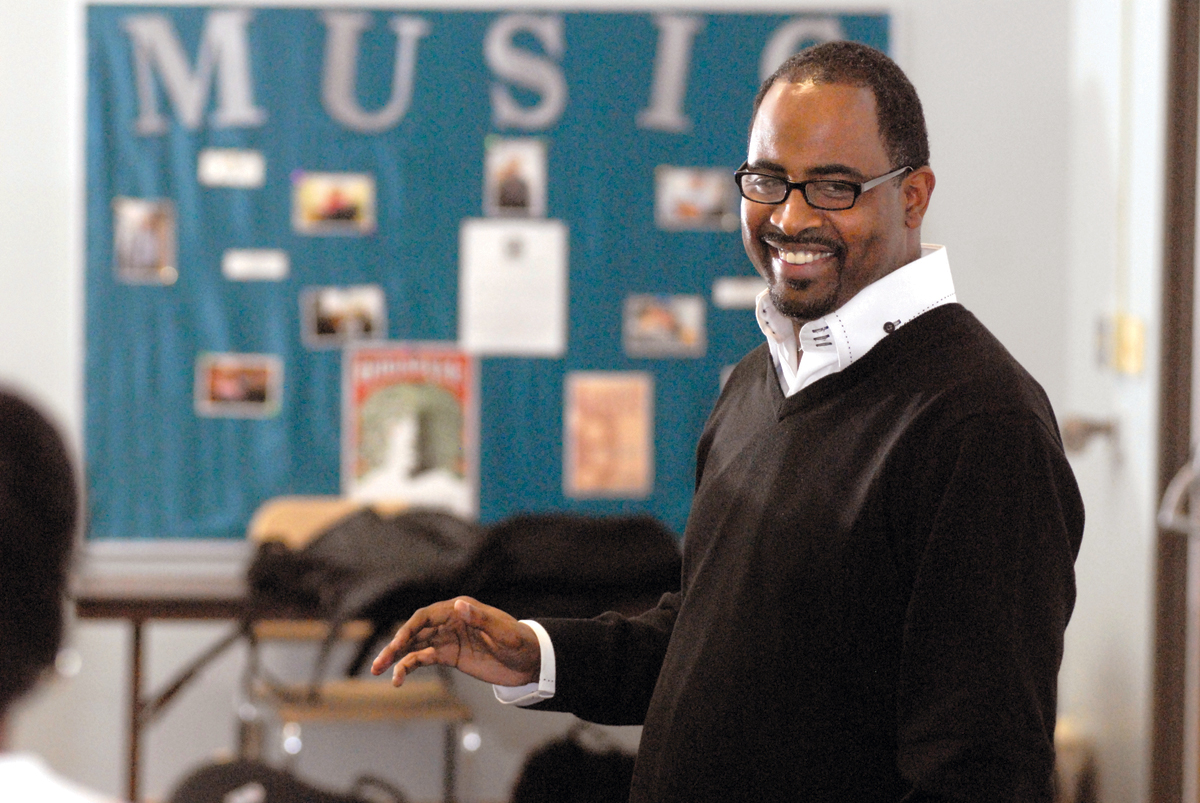FAST FACTS• Of 221 black males entering as freshmen at Chattanooga State in the fall, 124 were placed on academic probation this spring semester. Ten were suspended.• 12 percent of black men in community college graduate with a two-year degree in three years.• 20 percent of all students in community college graduate with a two-year degree in three years.• 22 percent of white students in community college graduate with a two-year degree in three years.Source: Chattanooga State, National Center for Education Statistics
Only a fifth of two-year college students get out of school with a degree, and for black men entering community college, the probability of dropping out is even higher, data shows.
Of the 221 black men who entered Chattanooga State last year as freshmen, 124 came back this spring on academic probation and 10 were suspended, said Elaine Swafford, vice president of student affairs.
"A lot of these students are underserved and underprepared," Swafford said. "They come in needing relationships, needing high expectations set for them and help building their self esteem. ... We have to retool them."
Community colleges and universities have been hemorrhaging minority males from the higher education ranks for years.
Criminal justice issues, a void of male leadership in families, poverty and negative community influences are working against education institutions that are trying to get minority men out of college and into the workforce, experts say.
But national experts also say the phenomenon is reaching the point of a national crisis and is expected to slow economic growth and further cement a class divide if the trend persists.
To regain lost ground, officials at Chattanooga State Community College have launched a mentoring program for all freshman minority men at the school. BOSS - Building Outstanding Service Scholars - will pair students with advisers who can keep close tabs on their social and academic progress.
The program, formed out of a three-year study at Chattanooga State, has buy-in from across the campus, and even some higher-level administrators are being assigned as mentors, said Carlous Drake, director of BOSS.
"These people are not just doing it as their job," he said. "They are doing it because they want to be a part of the process of helping these students become successful."
A component of the program also will be a partnership with Brainerd High School, where 50 minority, male seniors will be assisted in transitioning from high school to college.
"We are trying to have intrusive and intentional intervention," Swafford said.
The National Center for Education Statistics reports that only 12 percent of black men get their two-year degree in three years, while the average graduation rate for community college students is 20 percent, 22 percent among white students.
Interestingly, the graduation rate from two-year for-profit institutions among black men is 43.1 percent.
At Chattanooga State, 17 percent of black men who entered college in 2009 graduated in three years, data shows. While graduate rates look dismal, Swafford said they don't tell a complete picture.
Many community college students enter to take a single class or transfer to a university, Swafford said. Students at the community college level also are prone to put school off because of job conflicts or family responsibilities.
Still, some educators say figures like these point to the inability of schools and colleges to relate to the hip-hop-steeped culture that young black men are coming from.
And reaching minority youth becomes even more important as the demographics of the country continue to shift. By 2050, demographic researchers predict over half of the U.S. population will be comprised of minority groups.
Most high school and college instructors are middle aged and white and have little exposure to the language of rap, DJing, breakdancing and graffiti, said Christopher Emdin, an author and assistant professor at Teachers College at Columbia University, who spoke to a packed lecture hall at Chattanooga State on Thursday night.
"We are in a space in time where we are in need of a revolution in education," said Emdin, who talked on the topic of integrating hip-hop culture into classrooms.
Street talk is full of bravado, rhythm, hand gestures and movement, he said, and teachers should try to mimic hip-hop performers if they want to reach minority youth.
Instead of sitting in rows, students should be able to exchange ideas in a circle, similar to a rap cypher. In every class, teachers should set aside 10 minutes to learn from students about their world, their music, their dress and communication styles, he said.
White teachers shouldn't be afraid of engaging in minority culture. Often, their lack of knowledge can put them at an advantage with students, he said.
"If you learn from a student you can teach them anything," he told the group.

